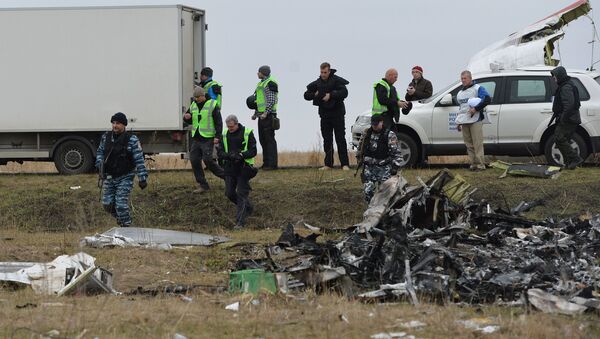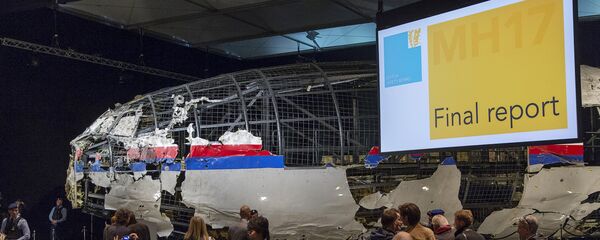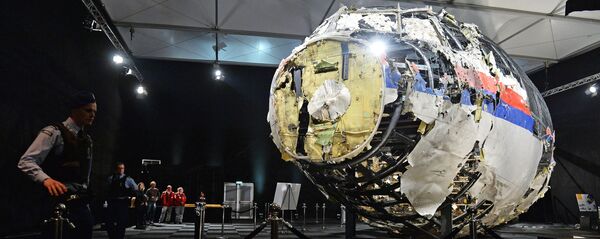"I don't want to pre-empt the decision, but I can easily imagine that an international court comes to the view that Ukraine acted negligently by not closing its airspace. These are lessons that we can learn for the future," said aviation and technology journalist Tim van Beveren.
"A country in which there is ongoing warfare holds responsibility for the safety of flights. In this case, Ukraine should have closed its airspace. This is also the responsibility of the airline: the conflict began a long time before this flight, but right up until the tragic incident, the situation was being incorrectly evaluated," he explained.
"For me, common sense is essential. Common sense says that I will not voluntarily enter an area of hostility, where weapons are in use," said the journalist, pointing to the Syrian crisis as an example of civil aviation flights being stopped due to the risks of flying above a zone of conflict.
Beveren's conclusions were echoed by fellow aviation expert Heinrich Grossbongardt.
"Firstly, the country that the plane's route crosses is obliged to inform other states and aviation organizations about the risks," said Grossbongardt.
"Some other countries adopt flight restrictions themselves," he explained.
Grossbongardt also expressed hope that the lessons of the tragedy will be learned by the relevant authorities.
"Aviation learns from its catastrophes. The MH17 crash showed that the evaluation of risks and dangers above crisis regions was inadequate," he said, recommending that the process be better structured, and with a much more intensive exchange of information between state agencies and aviation companies.




